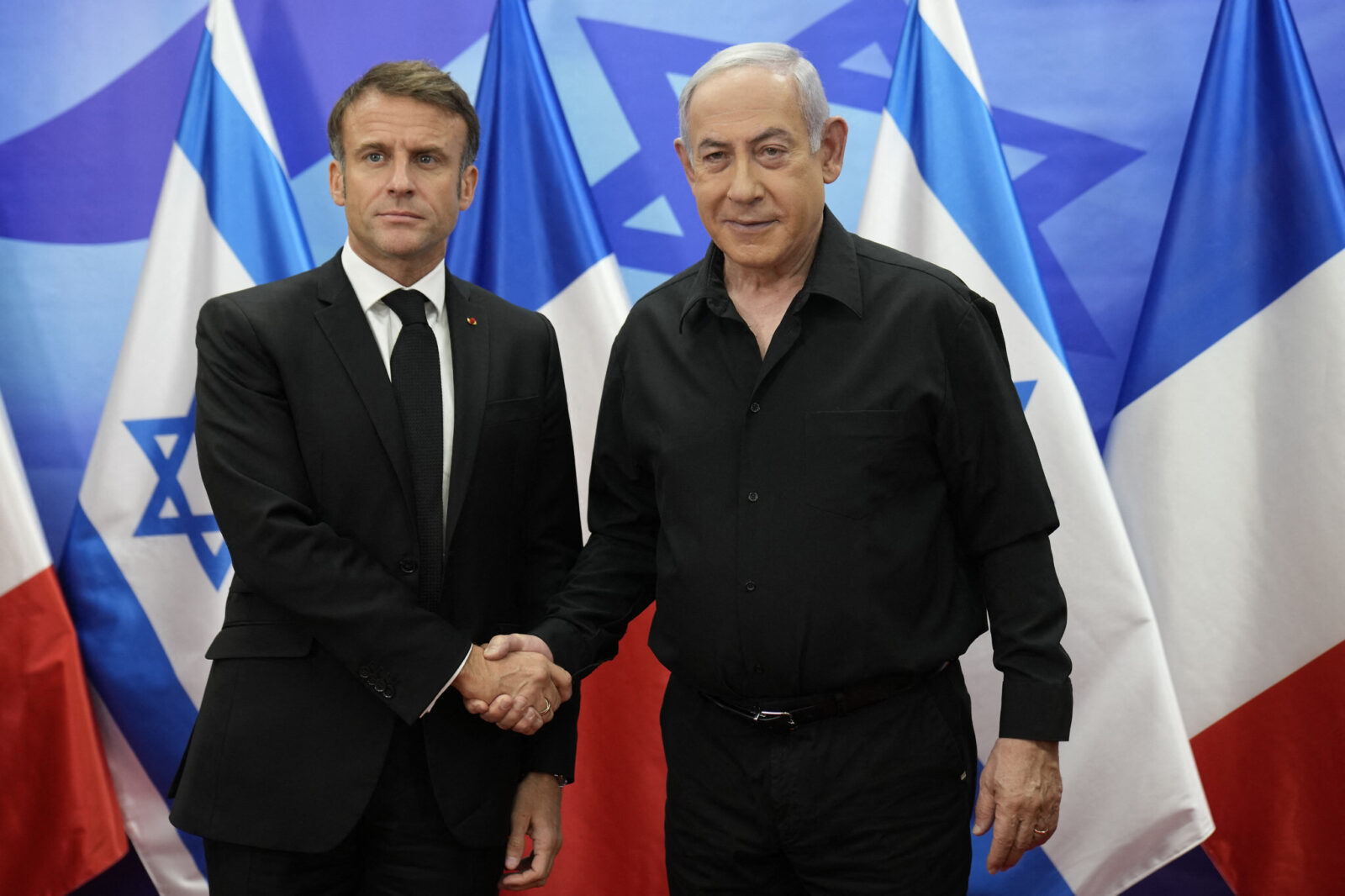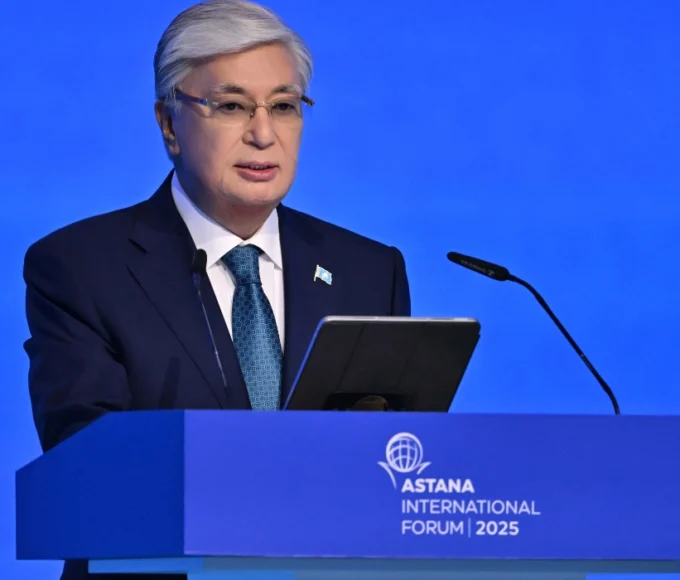In a recent television appearance, French Foreign Minister Jean-Noël Barrot expressed his deep shock and dismay regarding the recent calls from far-right Israeli ministers to recolonize Gaza. This controversial proposition has sparked significant debate both within Israel and among the international community.
During an interview on BFMTV/RMC on October 31, Barrot labeled these calls as “extremely serious” and condemned them outright. He stated that the aggressive colonization efforts that have been taking place in the region over the past two years, spurred by certain members of Prime Minister Benjamin Netanyahu’s government, represent a clear violation of international law.
“To hear today that we should colonize northern Gaza is something that obviously shocks me. It is an extremely grave statement that undermines the only solution capable of ensuring lasting peace and security for Israel, which is the two-state solution,” Barrot emphasized during the interview. He also highlighted that France has already imposed sanctions against 28 Israeli extremist settlers in response to the ongoing situation.
The far-right ministers in question, Itamar Ben Gvir and Bezalel Smotrich, are prominent advocates of settlement expansion in the occupied West Bank and are now pushing for the recolonization of parts of Gaza. This call comes amidst the ongoing conflict between Israel and Hamas, which has persisted for more than a year. Notably, Israel withdrew from Gaza in 2005, dismantling settlements and relocating approximately 8,000 Israelis who had been living there.
While Netanyahu has dismissed the idea of re-establishing a Jewish civilian presence in Gaza, it is a topic of discussion among the most radical members of his government and some Likud party officials. The potential reoccupation of Gaza, home to around 2.4 million Palestinians, raises complex ethical and political questions, as the region has been the site of intense conflict and humanitarian crises.
Reflecting on the dire situation in Gaza, Barrot reiterated the urgent need for an “immediate ceasefire.” He expressed concern over the escalating violence, stating, “The death of Yahya Sinwar, the Hamas leader behind the October 7 attack, must mark the turning point to move past these military operations in Gaza.” He stressed that too many civilians have lost their lives, and the level of destruction in the region has reached alarming proportions. “What has happened over the past year in Gaza is dramatic, and it must stop,” Barrot insisted.
The international response to the situation in Gaza continues to evolve, with various governments and organizations calling for de-escalation and a return to peace talks. As discussions about recolonization gain traction within certain factions of the Israeli government, the prospect of achieving a two-state solution grows increasingly tenuous.
Barrot’s comments reflect France’s longstanding commitment to a diplomatic resolution to the Israeli-Palestinian conflict. The French government has historically supported the idea of a two-state solution as the only viable path toward lasting peace in the region. With rising tensions and the potential for further violence, the need for constructive dialogue and conflict resolution is more pressing than ever.
In conclusion, the call for the recolonization of Gaza has elicited strong reactions from global leaders, particularly those advocating for peace and stability in the Middle East. The ongoing conflict presents significant humanitarian challenges, and the international community remains watchful as the situation continues to develop. As such discussions unfold, the hope for a peaceful resolution remains a critical priority for leaders around the world.
This article is originally published on europe1.fr







